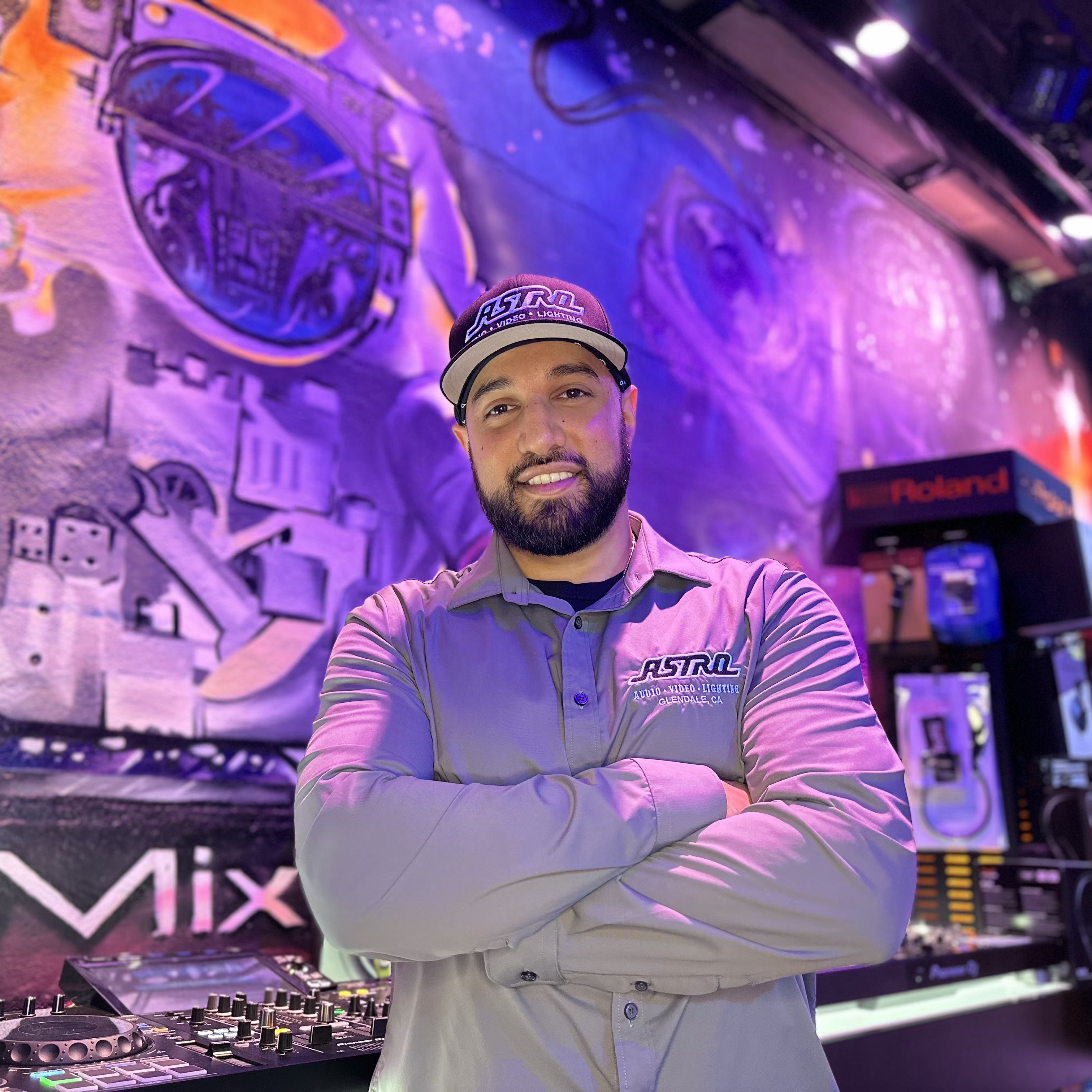We all don’t have to agree about the origins of mankind, but there’s little argument that Charles Darwin’s “Survival of the fittest” theory can easily be applied to business, especially when facing down an existential threat the likes of Covid-19 and its impact on the global economy.
So, what does fittest mean in the context of business and the music industry, and what does it mean during this crisis? Under normal conditions, the fittest might be those with the most resources. However, Covid-19 seems to be an equalizing event judging by the operational closures and employee furloughs of both the biggest and the smallest of MI suppliers and retailers.
Just like in musical improvisation, we need to apply that creativity and adapt in a way that’s relevant to our role and the moment.
From what I’m seeing from my clients, both inside and outside of MI, I believe that creativity and adaptability are going to be the defining characteristics among those who make it through this test. Thankfully, those are common attributes among music industry professionals – many of whom are musicians. Just like in musical improvisation, we need to apply that creativity and adapt in a way that’s relevant to our role and the moment.
During this moment, it’s helpful to remind ourselves that one thing has proven true throughout history: Music will endure. Playing music, even at home by ourselves, is not only a great way to pass the time but is a way to maintain our sanity, emotional balance and a positive outlook. While this global crisis has certainly caused significant disruption to the economy and our industry, music will play a central role in how we cope with this tragedy. Music can be an essential ingredient in helping kids feel safe and parents stay sane.
Most people are feeling isolated in their homes, parents are struggling to find daytime activities for their kids amidst school closures and many have taken to their preferred social media platform to express their profound boredom. What better time than now to pick up a musical instrument? Whether its parents providing a new daytime activity for their kids, an adult finally honoring a lifelong promise to themselves to learn, the gigging pro who needs to write music or work out a difficult part, or the formerly busy professional who now has the time to practice, it’s our job as industry professionals to encourage those activities and deliver the tools.
If you haven’t done so already, retailers should consider how to adapt and focus their business models by promoting this kind of message and enabling consumers to purchase accessories and beginner instruments online or over the phone. Those that offer lessons should offer remote learning rather than just give up the income, as the end of social distancing may prove unpredictable.
Retailers don’t need a fancy or expensive e-commerce system to do these simple things. In many cases, you just need to communicate the option to your local communities.
For brick-and-mortar locations that have lost their foot traffic, post a video tour of your store on your social page, and then boost it locally so that your audience can see what you’ve got. Make sure you offer curbside pickup and let your customers know that you’ll wipe down all products and packaging before bringing it out. Then deliver it wearing gloves and a mask. You’ll want to make them feel safe doing business with you.
But regardless of what sales approach you take during this crisis, be sure to remember one thing: Don’t just promote the product; promote the activity. Promote a solution to the pain we’re all experiencing. Who knows, maybe we can influence a needed uptick in the number of musicians created during this time. MI
Mike Robinson has been working within the music products industry for 20 years, holding both marketing and product management leadership positions at D’Addario and KHS. Currently, he runs a marketing and business management consultancy, advising clients and executing marketing strategies both within and outside the music products market.











